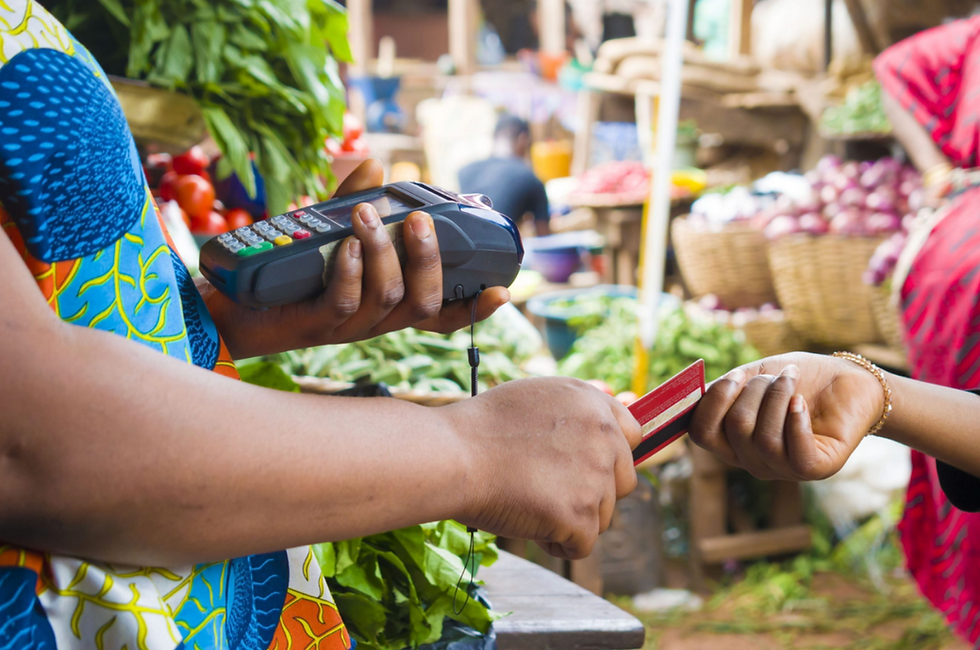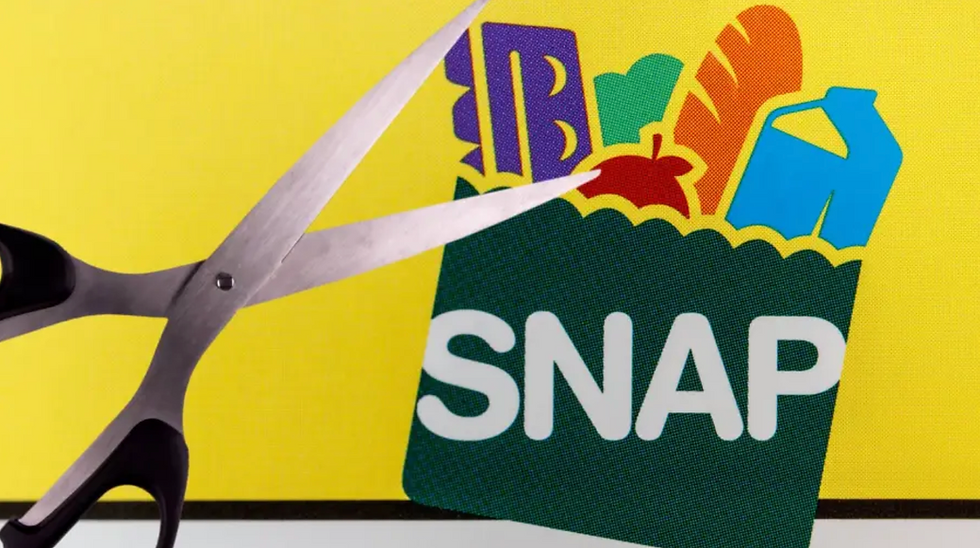Miami’s Criminalization of Homelessness Violates the Right to Food
- alisoncohenrtf
- Sep 20, 2023
- 2 min read
Updated: Sep 9, 2025
September 20, 2023
By Photini Kamvisseli Suarez, Miami Law Human Rights Clinic Fellow

The criminalization of homelessness has become a common approach taken by many major cities who refuse to address the root causes of homelessness, primarily lack of affordable housing. The criminalization of homelessness can take many forms, from heavily armed police units displacing and harassing the unhoused, to policy decisions that seek to control the movements of people experiencing homelessness. These criminalization approaches can cause serious health risks to the unhoused - police sweeps, such as those conducted by the HEAT (Homeless Empowerment Assistance Team) police unit in Miami, can lead to the seizure or loss of life-saving medications or mobility aids. Policies criminalizing homelessness can also put the health and lives of people experiencing homelessness at risk and violate their right to food.
In 2020, the City of Miami passed an ordinance banning the feeding of groups of twenty-five people or more without a permit, and requiring that these feedings only occur in five inconvenient designated locations. This ordinance directly targets food providers who regularly serve food to people experiencing homelessness, and in many cases are their only stable and reliable source of food. The ordinance has not only severely limited the food options available to people experiencing homelessness in Miami, in clear violation of their human right to food, but has also severely restricted their movements by forcing them to relocate near the few designated food locations.
In April 2023, as part of the Food, Housing, and Racial Justice Symposium, the University of Miami School of Law Human Rights Clinic partnered with the Miami Coalition to Advance Racial Equity (MCARE) to host a People’s Tribunal focused on the City of Miami’s large group feeding ordinance. A People’s Tribunal serves as a community-led judicial proceeding in which those directly affected by the issue can provide testimony, to be heard by the public and a panel of experts serving as judges. After hearing this testimony, the judges produce recommendations for the offending party to rectify the harm. The People’s Tribunal in Miami provided a platform for people with lived experience of homelessness and food providers to describe how this ordinance has and will affect the lives of people experiencing homelessness in Miami.
To read more about the People’s Tribunal or view a recording of the event, please visit: https://miami.app.box.com/s/i8dhq7jff7nq76hh4kn335pganyoreyy
To read more about the HEAT unit in Miami, please visit:
and



